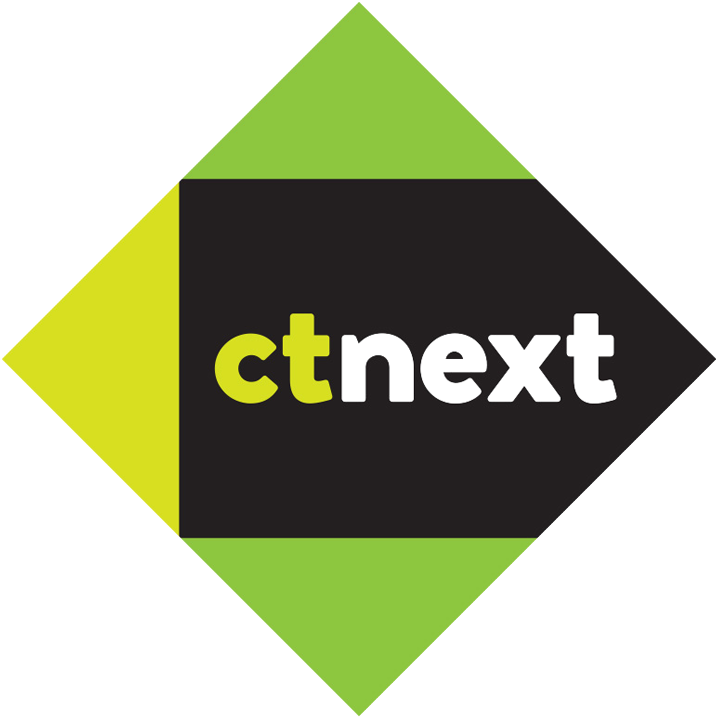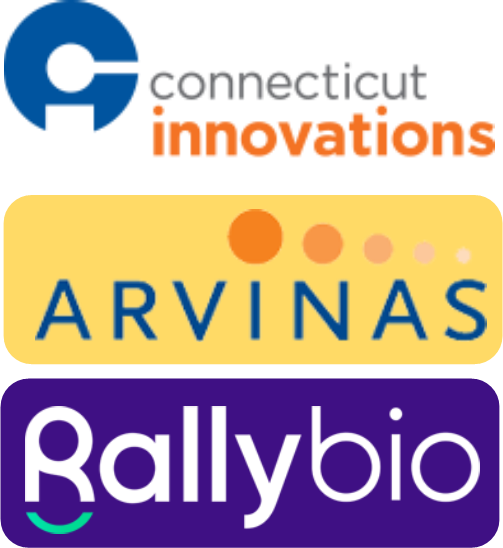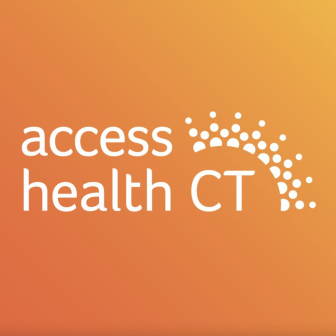Historic preservation and solar panel would seem like oil and water, but increasingly in Connecticut, the advantages are seen to outweigh the disadvantages.
The acceptance of solar comes as technology helps to make systems less obtrusive, and also as more historic preservationists recognize the urgency to address climate change, according to a report in Energy Network News.
About one-tenth of Connecticut’s 3,000 historic preservation cases last year involved solar installations. That’s a significant increase from five years ago, Todd Levine, an architectural historical for the state’s preservation office, told Energy Network News. Of those 300 solar cases, however, only 10 were concluded to have adverse effects, but even in those cases the state office was able to work with stakeholders and ultimately approve them all.
The National Trust for Historic Preservation and the Department of the Interior recommend installing solar panels on the area least visible to the public or on any new addition on the property, like a garage. Typically, historic commissions don’t want panels on the principle facade of the building facing the public right-of-ways. Lower public visibility is preferred, but increasingly, that is not ruling out solar panel installation at historic properties.
At the state level, the historic preservation office has partnered with the quasi-public clean energy agency, the Connecticut Green Bank, to mitigate any adverse effects installs could have on historic properties. Energy Network News reports that they are currently collaborating on a publication they plan to distribute in the coming months outlining best practices on the intersection of energy efficiency, renewable energy, and historic preservation.
Also last year, Connecticut upped the ante on renewables across the board.
A new law approved in 2018 requires that by 2030, 40 percent of the power provided by electricity suppliers in the state flow from renewable sources, double the target for 2020. Another law approved by the 2018 legislature established a stringent interim greenhouse-gas-reduction goal of 45 percent below 2001 levels by 2030. The state’s 2008 Connecticut Global Warming Solutions Act mandates an 80 percent reduction by 2050.
The state Department of Energy & Environmental Protection explains that the term renewable energy generally refers to electricity supplied from renewable energy sources such as wind and solar power, geothermal, hydropower, and various forms of biomass. These energy sources are considered renewable sources because they are continuously replenished on Earth.
Currently, Hawaii has the most aggressive clean-energy mandate in the nation: 100 percent by 2045; followed by Vermont: 75 percent by 2032; and California, New York, and New Jersey, which each have a goal of 50 percent by 2030, according to the Council of State Governments.
California set a 100-percent-by-2045 zero-carbon electricity goal in September last year. New York Gov. Andrew Cuomo proposed the state set a 100-percent-by-2040 zero-carbon electricity goal in January. Newly elected governors in Colorado and Connecticut are pushing for 100-percent renewable energy mandates, as well, as are their counterparts in Illinois, Minnesota and Nevada, according to Solar Magazine. Connecticut’s legislature is also considering additional steps to encourage renewable energy in the state, the New London Day recently reported.







































